Our Approach
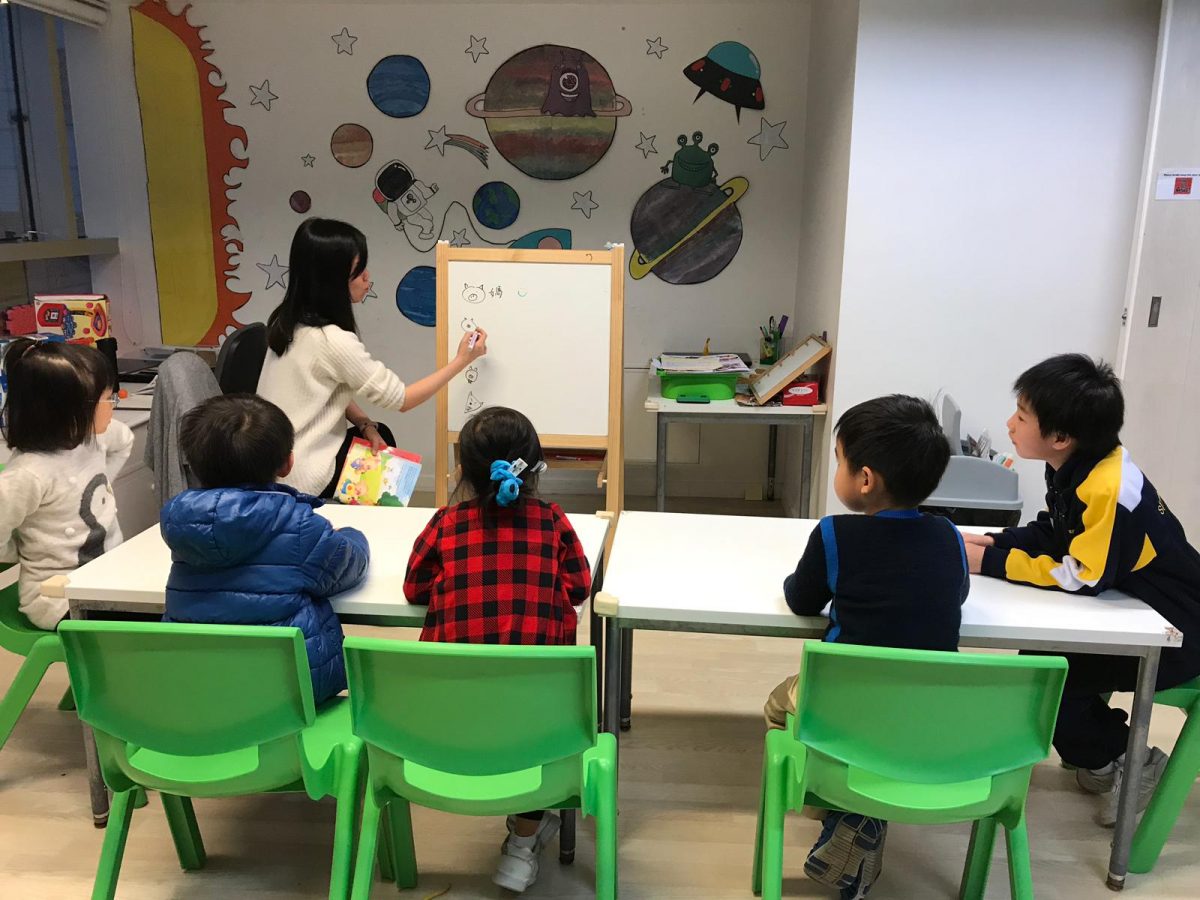
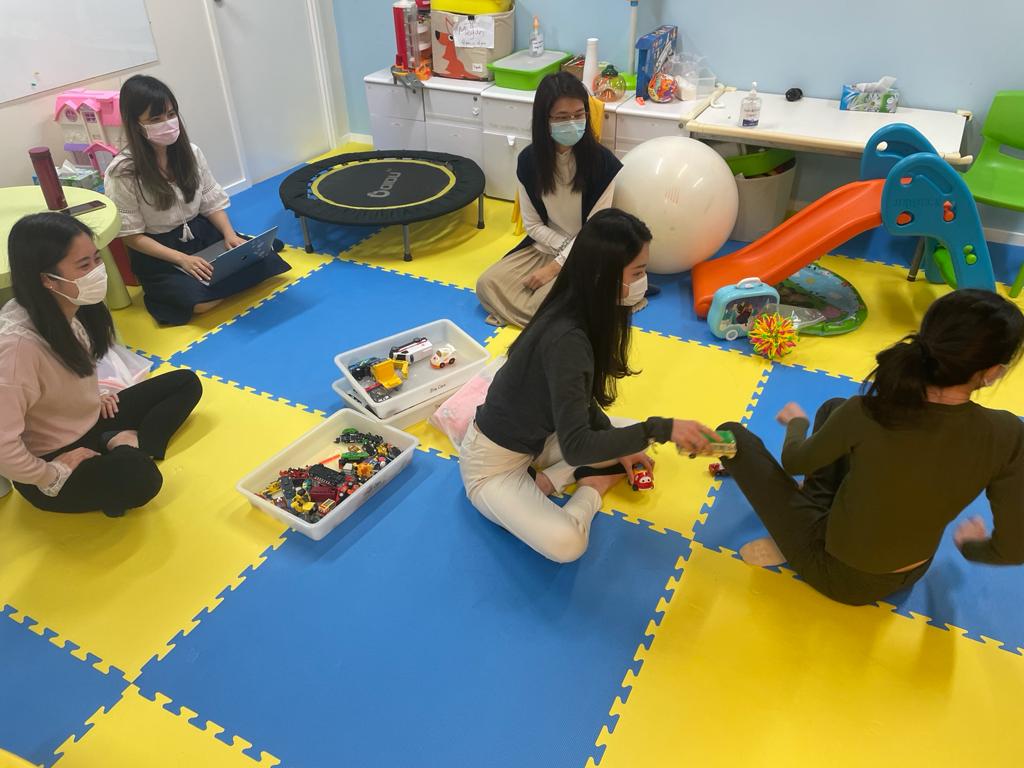
ABA is a teaching strategy that is based on 3-term contingency of Antecedent, Behaviour, and Consequence
ABA is a systematic approach
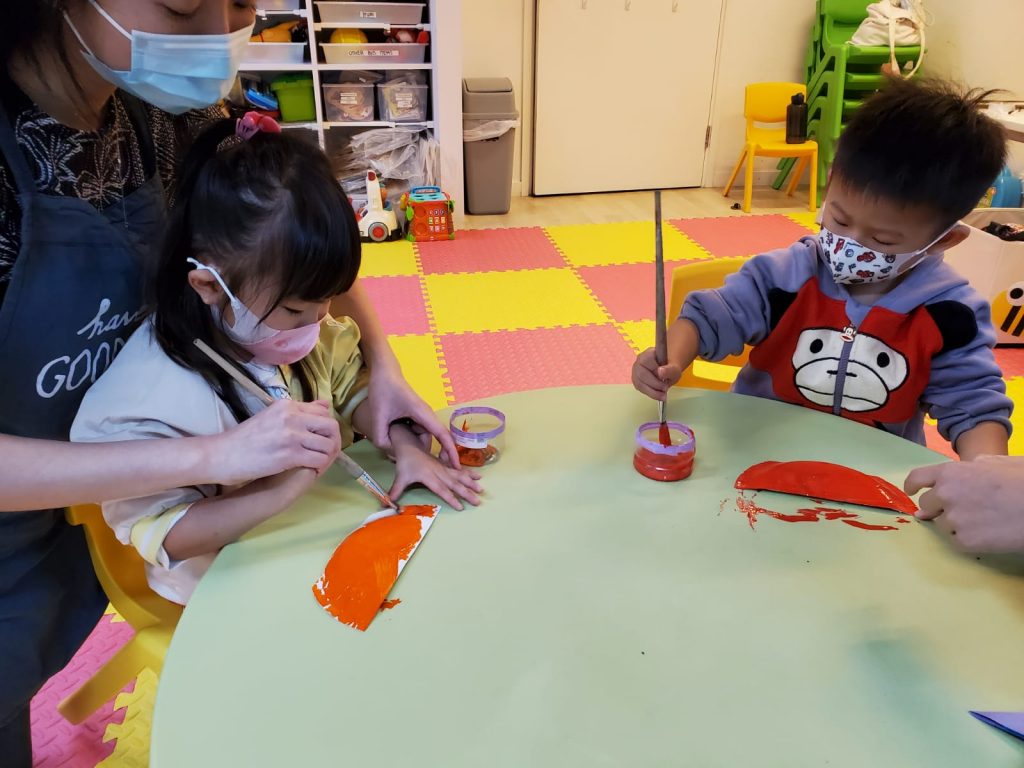
Interventions we used in ABA:
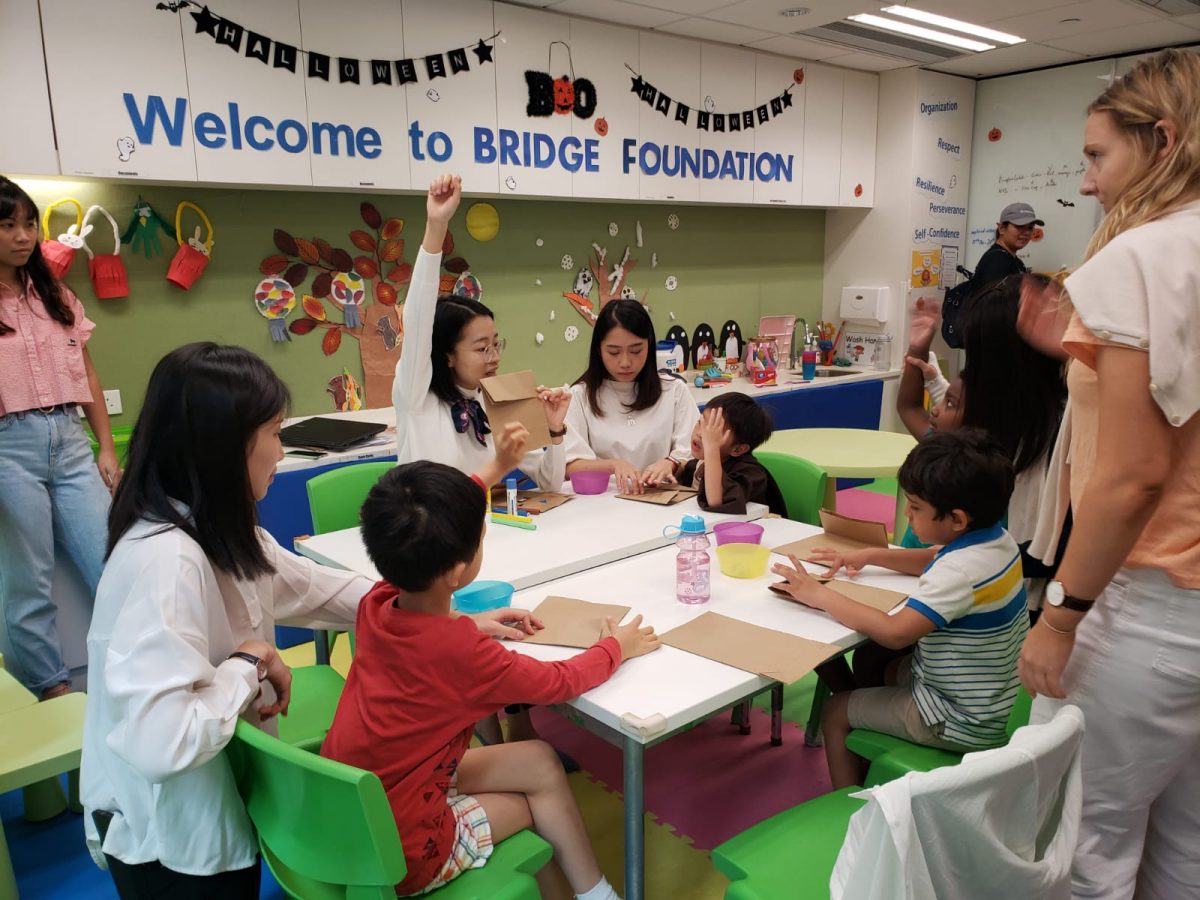
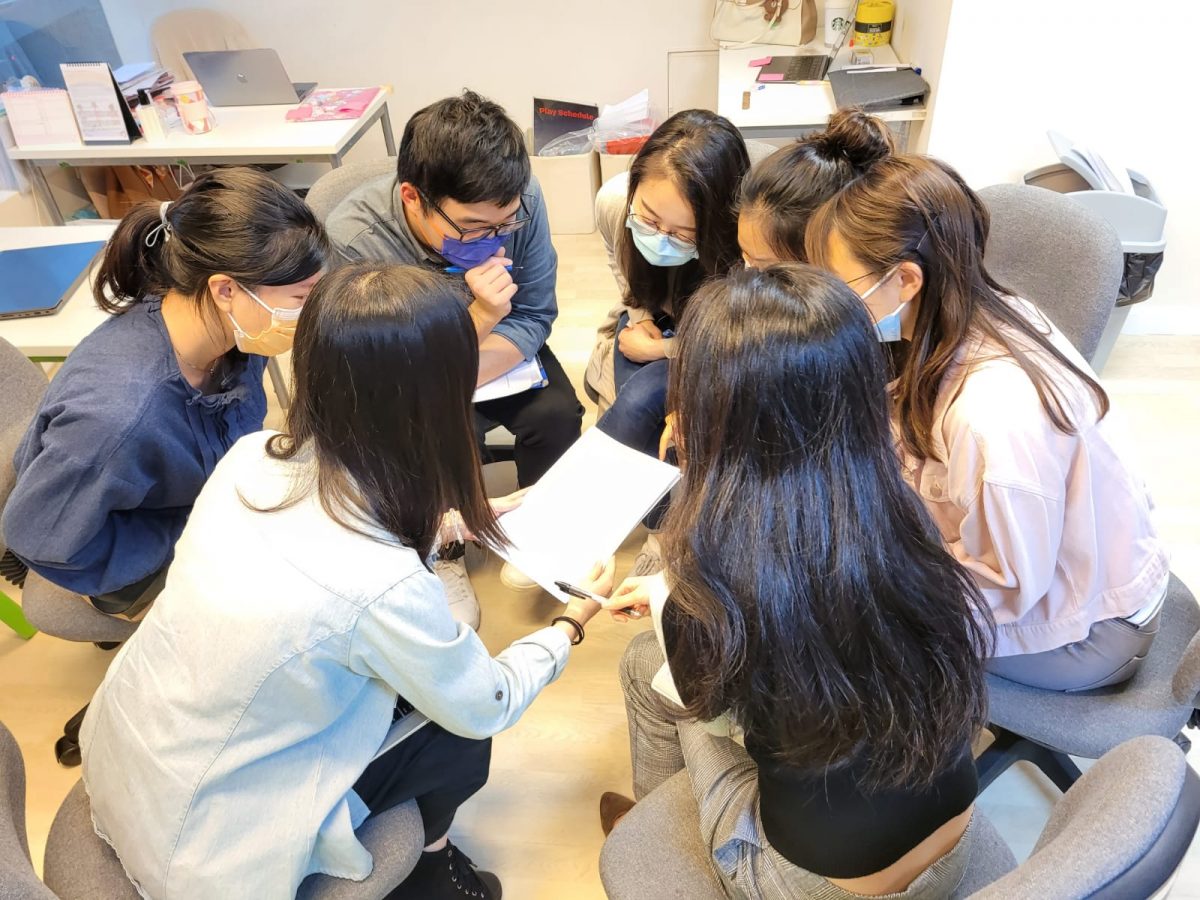
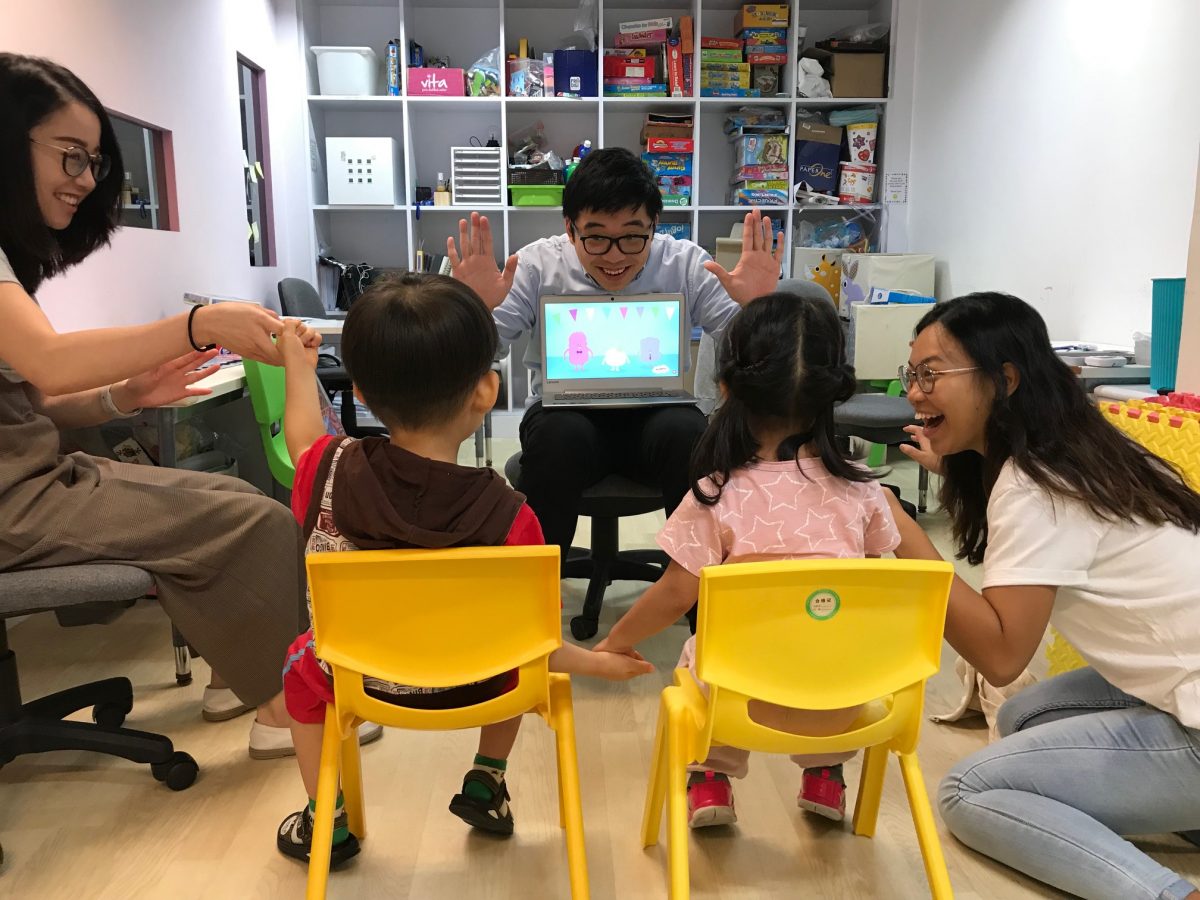
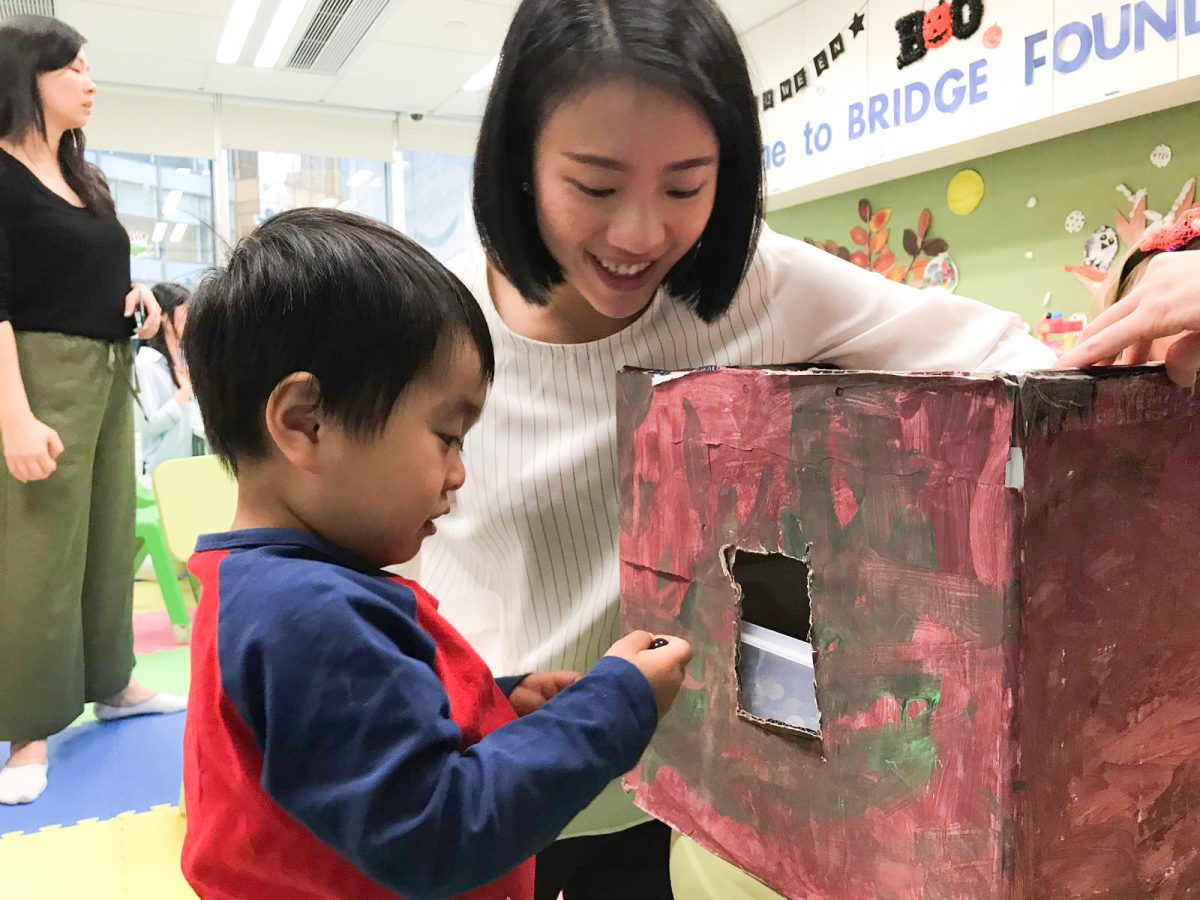
These videos show how class are being done!
See what people are saying